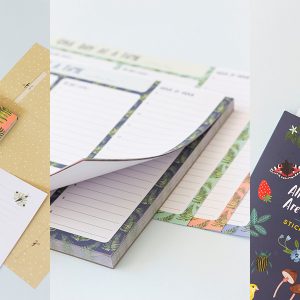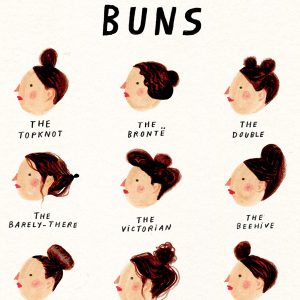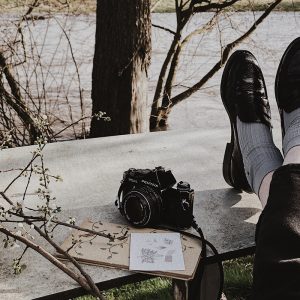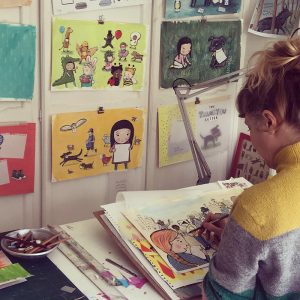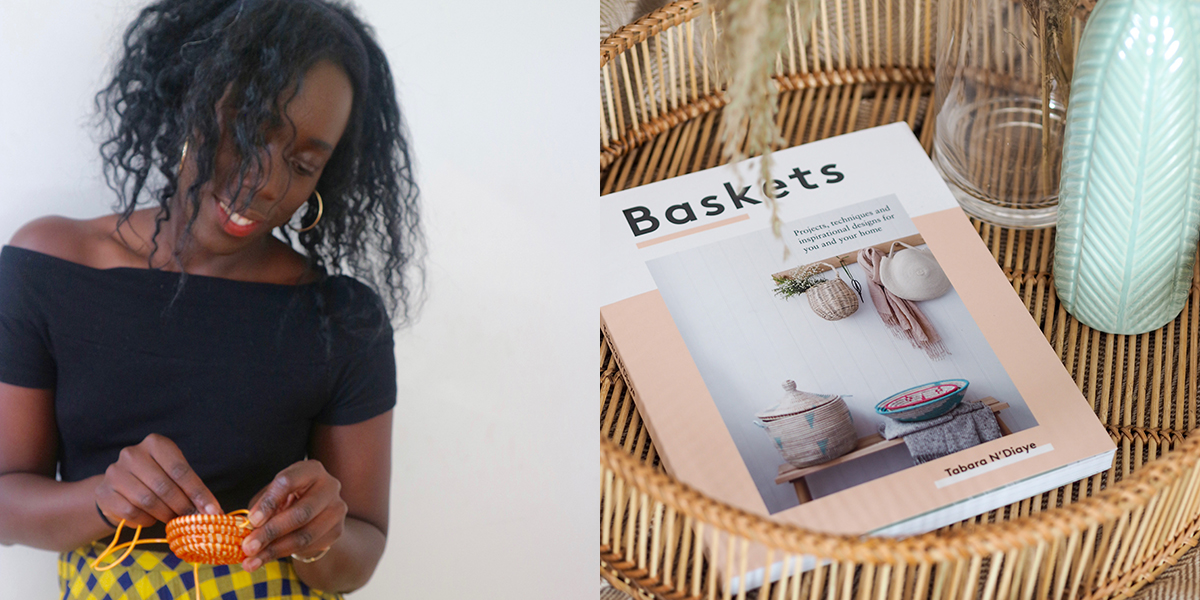Self-help books may be everywhere, but journalist Mariska Jansen finds she gains her best insights from novels. Some books taught her things that have always stayed with her (proceed with caution: spoilers ahead).
Elena Ferrante on friendship
The hard part about friendships for me is that they often appear to only be temporary, even if this doesn’t seem to be the case at the time. My best friend from my teenage years was more important than my boyfriend at the time. She was actually my life partner and back then, I thought we would hang out together forever. But now, many years later, she lives in the US and I only know a little about her day-to-day life, and she knows little about mine. My Brilliant Friend is about what happens to lives and friendships, and was written by the (pseudonymous) Italian novelist, Elena Ferrante.
It is the first book in a four-part series about Lila and Elena, two girls growing up in a working-class neighborhood in 1950s Naples, Italy. The girls are both outsiders and no longer fit in with the social environment they were born into. They’re smart and have so much more to offer than just getting married and having children.
Reading the book, I recalled how close friendships are at that age and how these friendships change as lives go on. Elena goes to high school while Lila has to work at her parents’ shoe repair shop. Life never stays the same, and the same goes for the nature of friendships. There are many other friends these days, but that strong bond with my best friend from childhood lives on deep inside me.
Jane Austen on prejudices
The brilliant thing about Pride and Prejudice is how British author Jane Austen depicts the kinds of hypocrisy people uphold, and how this stands in the way of their own happiness. She describes a world that is ruled by appearances and material possessions. Why didn’t Mr. Darcy chat with Ms. Long? ‘I dare say he had heard somehow that Mrs. Long does not keep a carriage, and had come to the ball in a hack chaise’. Austen also makes the reader aware of the vanities and superficialities in today’s world. A man who arrives at a party by inexpensive rental car might secretly not be a very appealing catch for some women.
Thanks to the way this book exposes the strange way people’s minds can work, I am now able to view social events more from a distance now and then. How would Austen view this gathering, I wonder, whenever I feel embarrassed and uncomfortable at a party full of people dressed to the nines. She has also taught me not to make everything about me, and this has made me a happier person. The fact that my neighbor looks the other way, scowling, whenever she arrives home by bike—and I have no idea why—might not have anything to do with me. Who knows? She might just get that surly look whenever she’s cycling against the wind.
- Read all life lessons from different novels in issue 32.
Text Mariska Jansen Photography Nathan Dumlao/Unsplash.com
Find all our current promotions, discount codes and sale here



